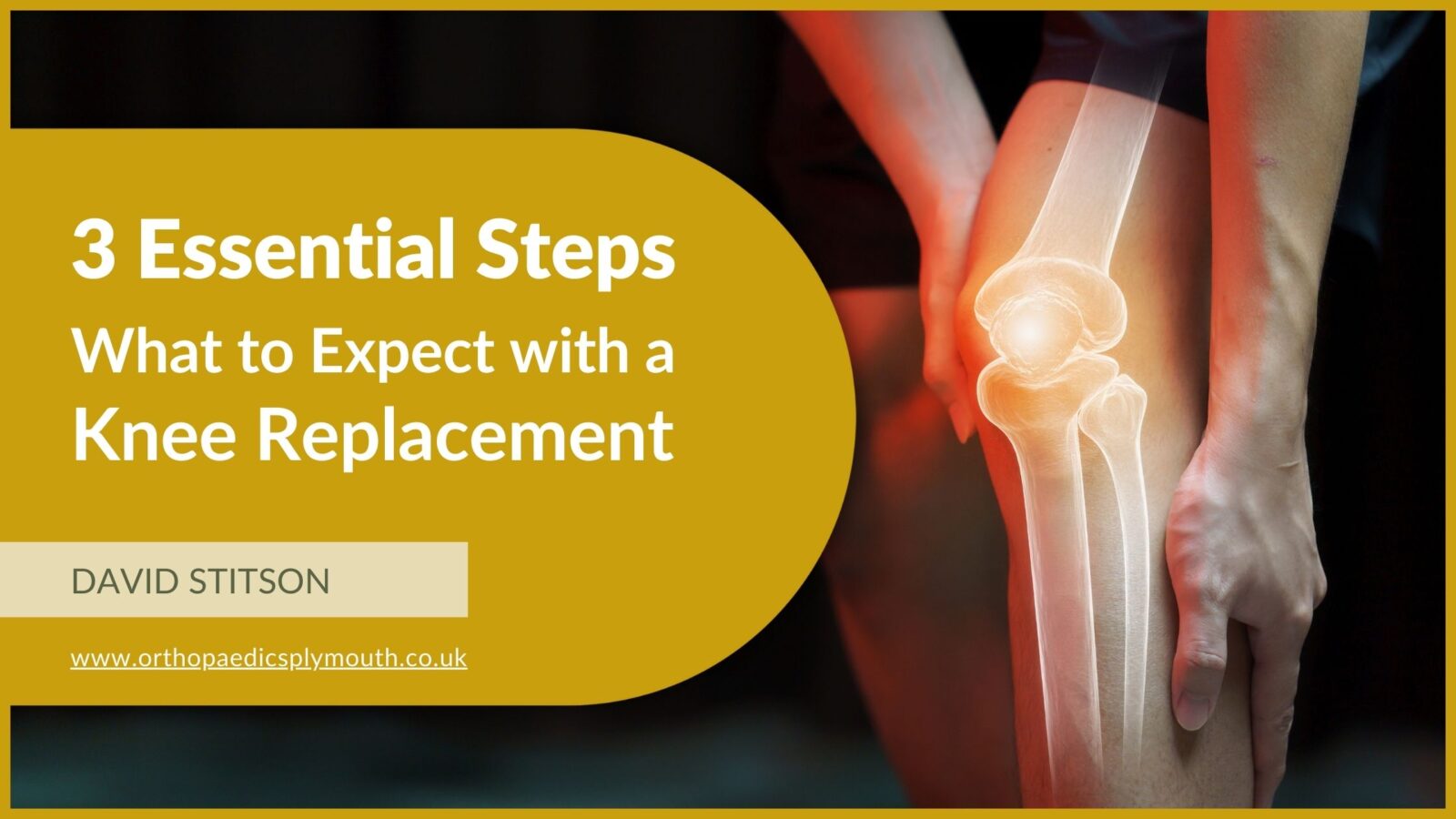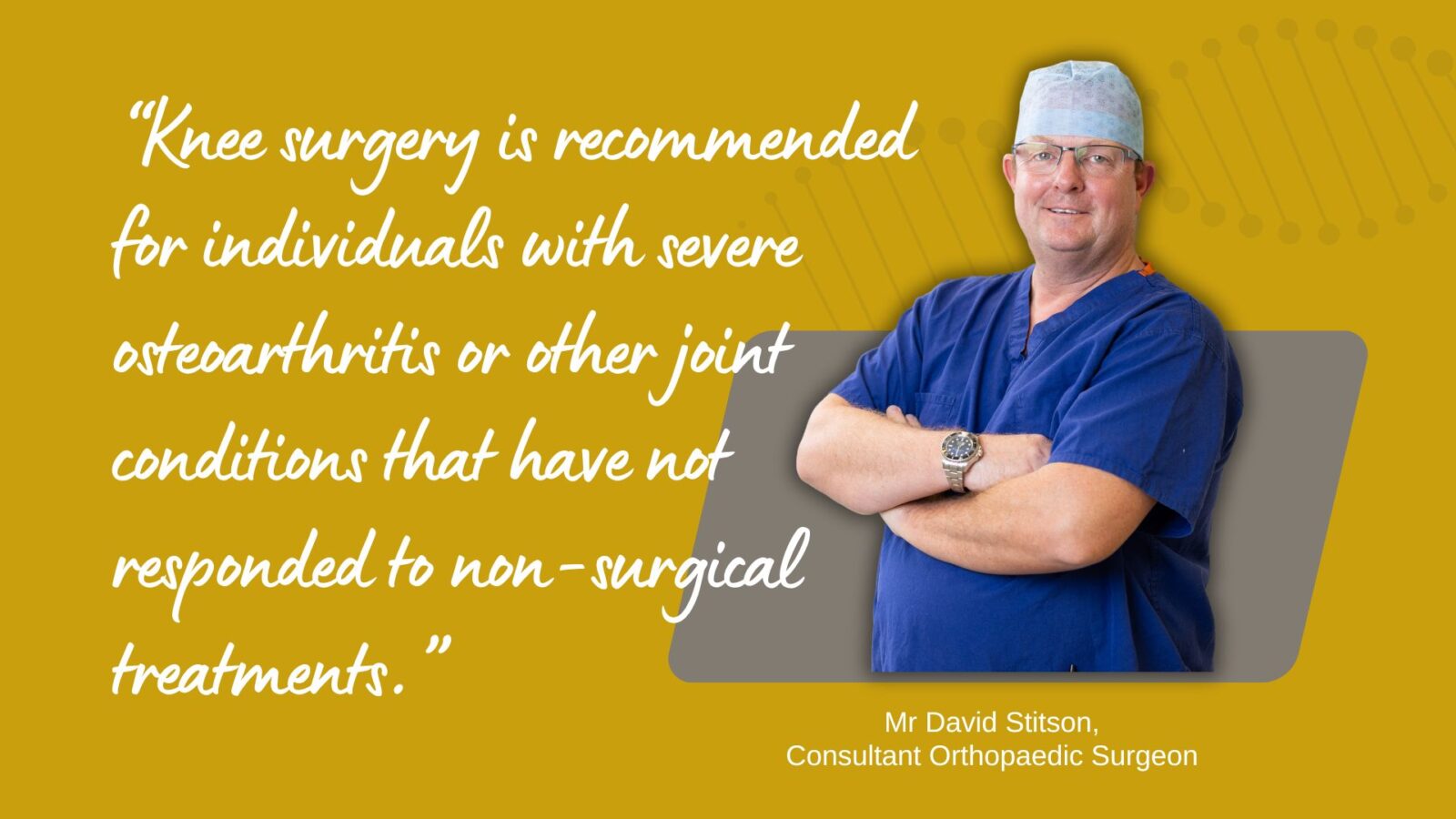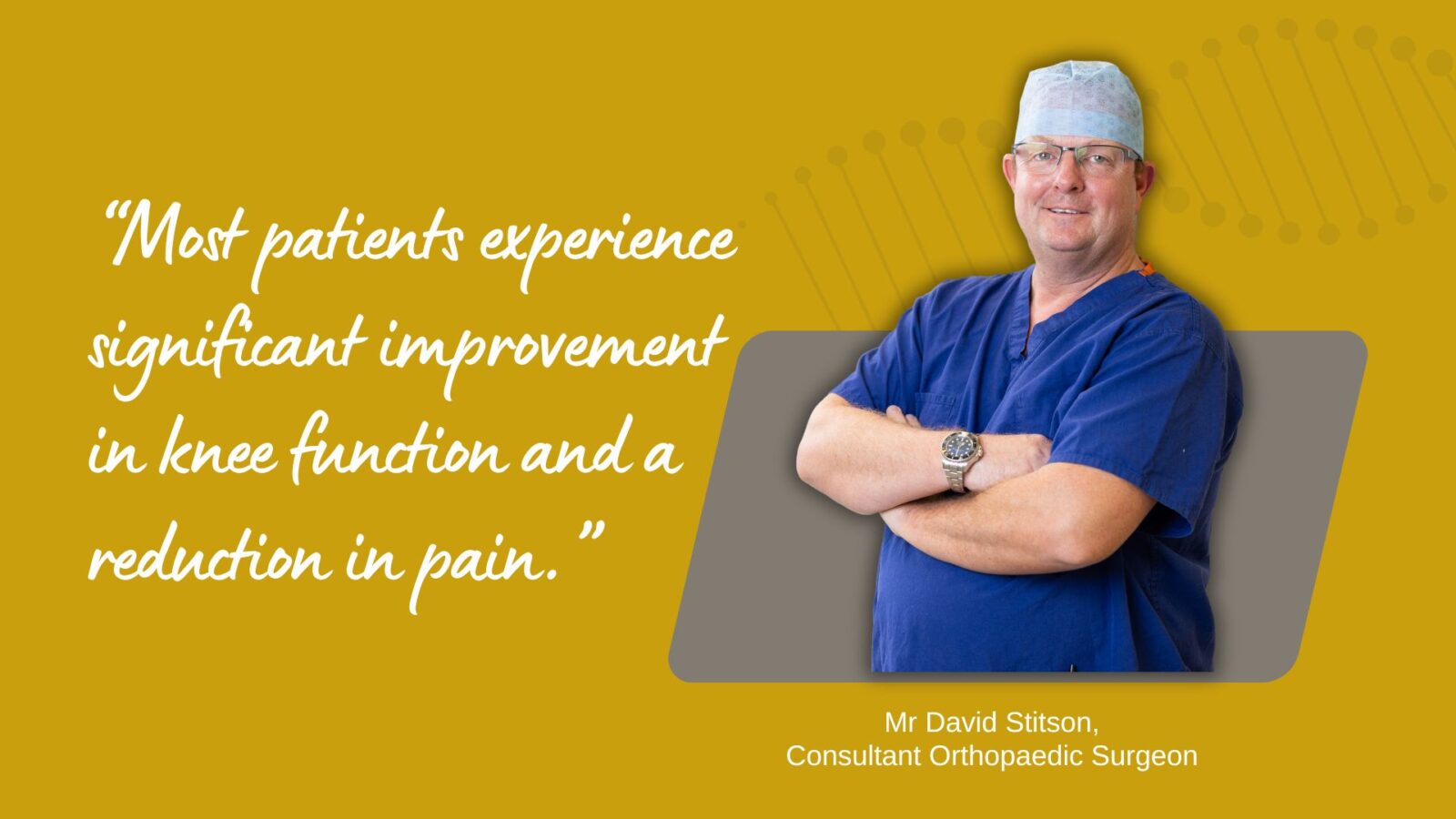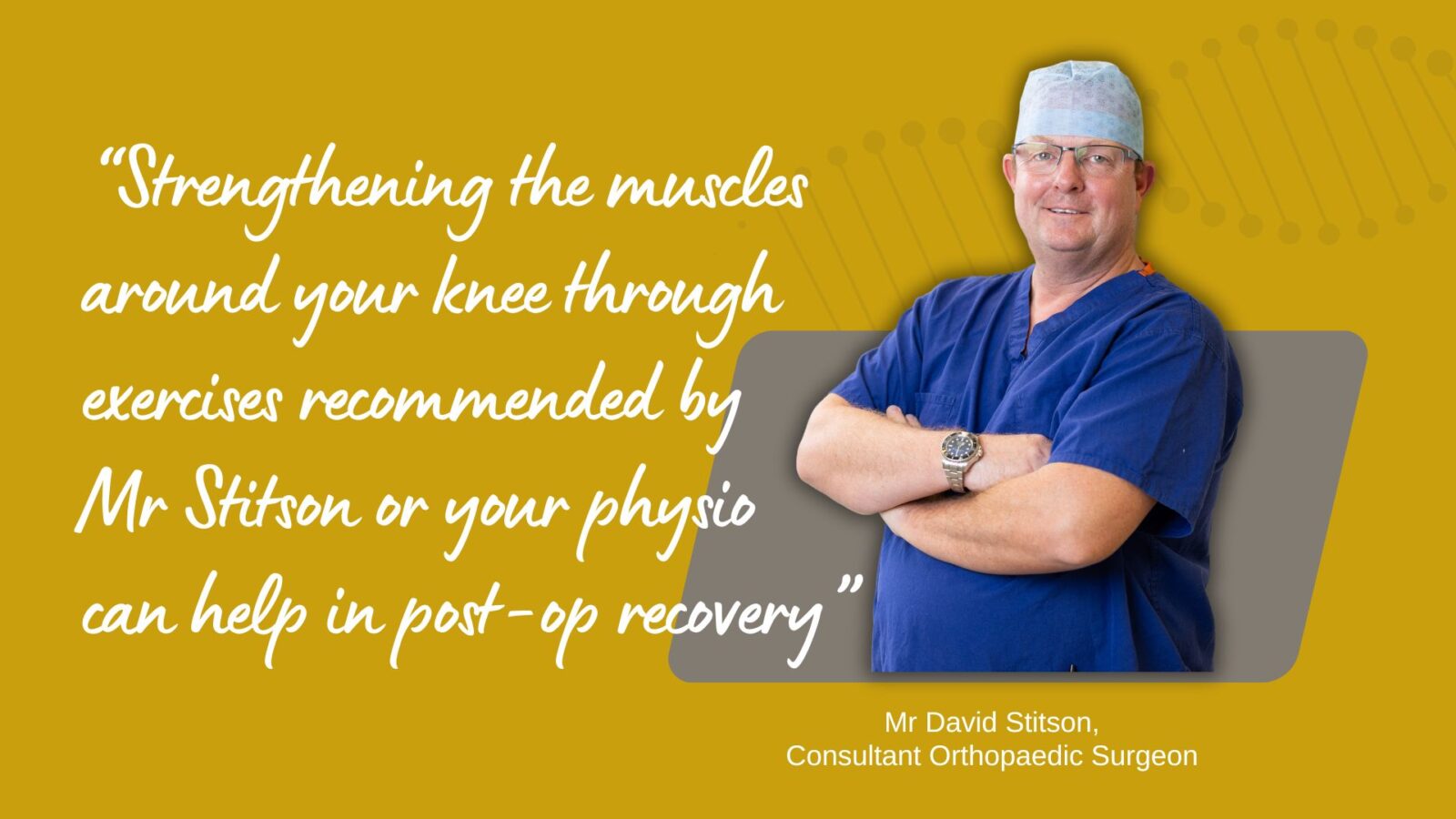Knee replacement surgery is a significant procedure that can greatly improve the quality of life for those with chronic knee pain or mobility issues. Understanding what to expect, the changes that come with the surgery and how to prepare is crucial for a successful outcome.
Contents
ToggleHere are 3 essential steps for successful knee replacement surgery:
1. Understanding What to Expect with Knee Surgery
Procedure Overview:
Knee Replacement surgery, (also known as Knee Arthroplasty), involves removing damaged cartilage and bone from the knee joint and replacing it with an artificial joint made of metal and plastic. This surgery is typically recommended for individuals with severe osteoarthritis or other joint conditions that have not responded to non-surgical treatments.
Types of Knee Replacement:
There are two main types—Total Knee Replacement (TKR) and Partial or Uni- Compartmental Knee Replacement (UKR). TKR is more common and involves replacing the entire joint, while UKR only replaces the damaged portion of the knee.
Surgery Duration and Hospital Stay:
The procedure generally takes 1 to 2 hours, with most patients staying in the hospital for 1 to 2 days post-surgery. Minimally invasive techniques may allow for shorter recovery times.
2. Changes You Can Expect Post-Surgery
Pain and Discomfort:
Post-surgery, it Is normal to experience pain and swelling, which gradually improves over time. Pain management through medication, elevation, ice and physio is essential during recovery.
Improved Mobility and Function:
Most patients experience significant improvement in knee function and a reduction in pain, but full recovery can take several months. Physiotherapy plays a critical role in regaining range of movement, strength and mobility.
Possible Complications:
While knee replacement is generally safe, risks include infection, blood clots, vessel and nerve injury, swelling and stiffness, death and issues with the artificial joint such as wear and loosening . Regular follow-ups with Mr Stitson are important to monitor recovery and address any complications.
It is essential to discuss all your options with Mr Stitson, who can guide you through the treatment process and advise on how you can achieve the best possible outcome.
3. How to Prepare for Knee Replacement Surgery
Physical Preparation:
Strengthening the muscles around your knee through exercises recommended by Mr Stitson or your physiotherapist can help in post-op recovery. Additionally, weight management and overall fitness can improve surgical outcomes.
Home Preparation:
Arrange your living space to make it safer and more accessible for your recovery. This might include installing handrails, removing trip hazards and setting up a comfortable rest area on the main floor to limit use of stairs.
Mental and Emotional Preparation:
Educating yourself about the procedure and recovery process can alleviate anxiety. Having a support system in place, whether through family, friends or a caregiver, is also important for both practical and emotional support during recovery.
By understanding these aspects of knee replacement surgery, you can approach the procedure with confidence, knowing what changes to expect and how best to prepare for a smooth recovery.
About Knee Surgery
Knee replacement surgery replaces the worn out, painful and stiff knee joint with a new prosthetic joint. This procedure which may be a partial or a total replacement is normally performed under spinal anaesthesia and is usually followed by a night or two in the hospital. Day-case knee replacement surgery may be an appropriate option for you.
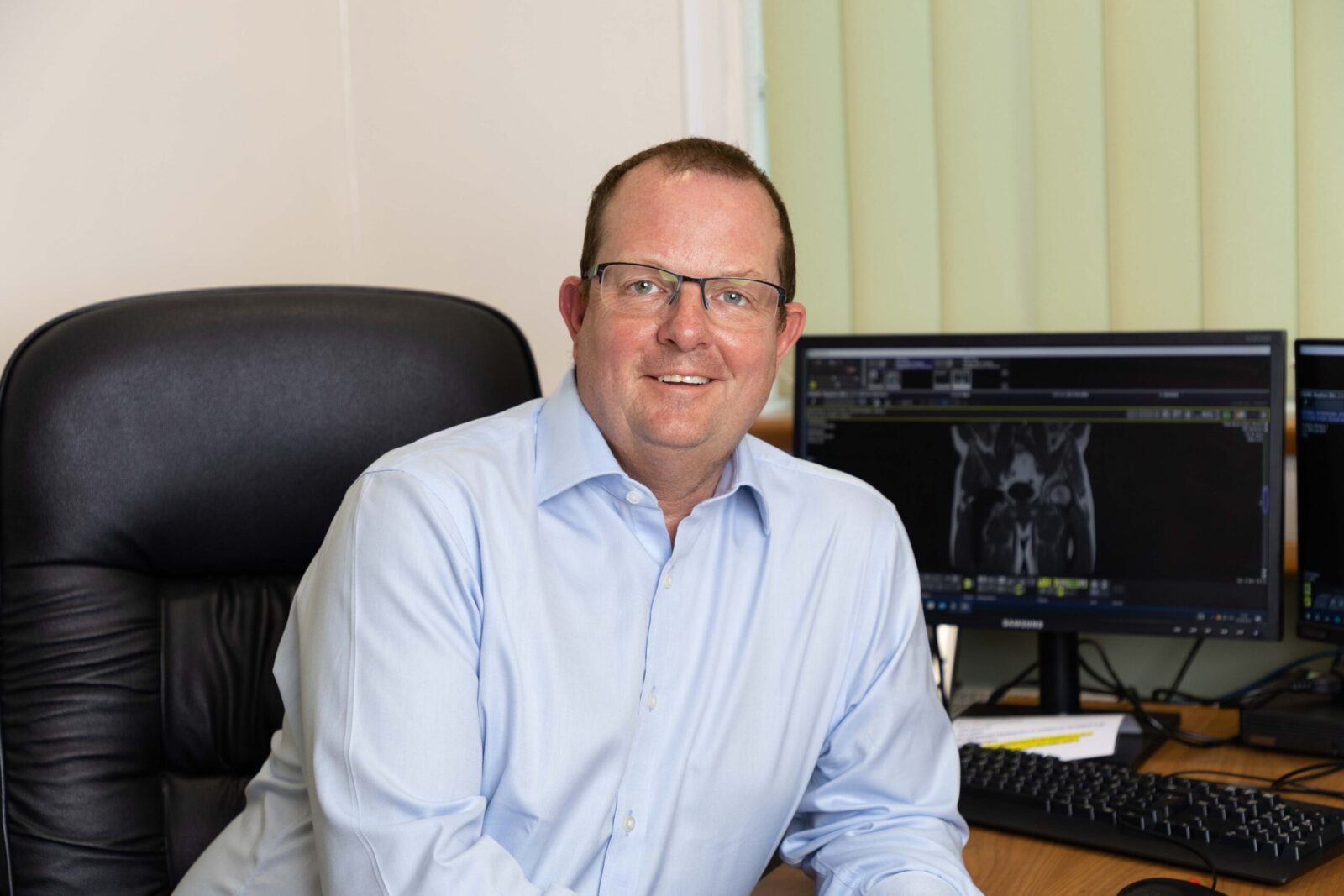
About Mr Stitson
David Stitson is a Plymouth-based Consultant Trauma and Orthopaedic Surgeon. Trained both in the UK and internationally, he has worked in medicine for more than 20 years for the NHS, for the Royal Air Force and in private practice. Mr Stitson operates privately at the Nuffield Health Hospital, Plymouth.

The Nuffield Plymouth CQC Rating
The Nuffield Hospital has a history that spans over half a century and has built a reputation for high standards of care, professionalism and expertise in delivering health services. They aim for continuous quality improvement in everything they do.
Active Quality and Governance programmes are in place at the Nuffield Hospital Plymouth. As part of this, the hospital is inspected by independent healthcare regulators to ensure it meets the fundamental standards of quality and safety as determined by the regulating body (CQC).
In the most recent inspection, Plymouth Nuffield Hospital was rated as ‘Good’ overall, however, the surgical element of the inspection was rated as ‘Outstanding’. The hospital was referred to as:
“Outstanding in effective and caring, and
Good in safe, responsive and well-led.”

